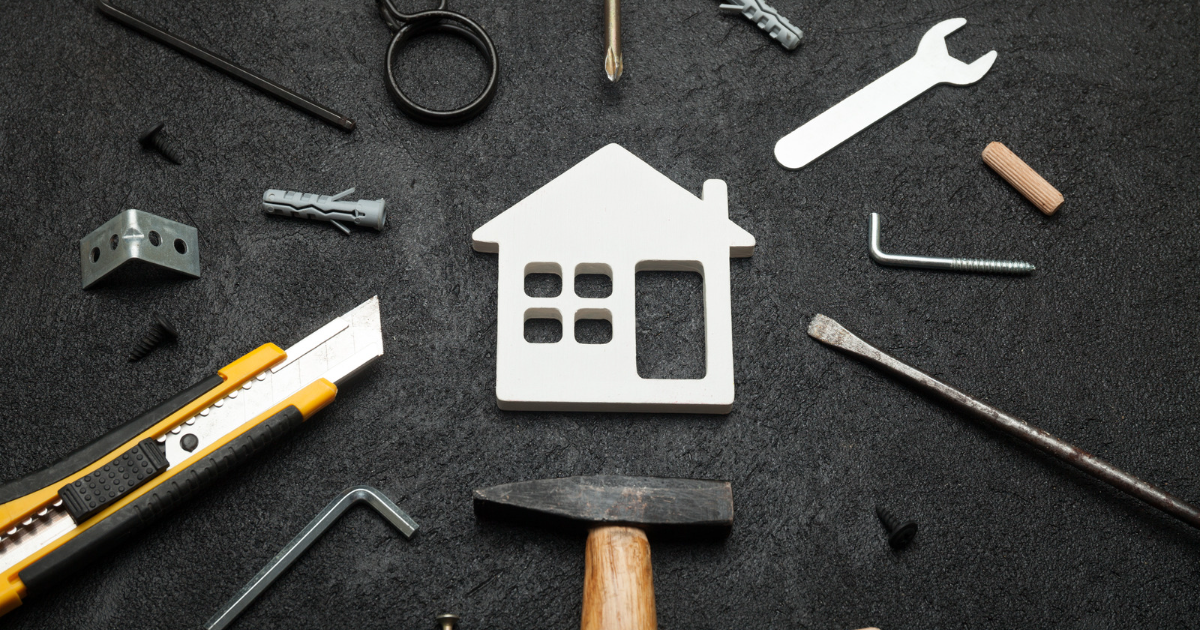How to Track Rental Property Repairs for Maximum Tax Benefits
How to Track Rental Property Repairs for Maximum Tax Benefits
Blog Article
Once you own rental house, controlling fixes and understanding how they affect your taxes is crucial for financial success. The IRS gives certain guidelines for categorizing and subtracting property-related costs, which can right influence your base line. This article explains critical items about rental property repairs, IRS rules, and related deductions.
Repairs vs. Improvements — What's the Difference?
The IRS makes an obvious variation between fixes and improvements when it comes to hire properties. Repairs are believed expenses sustained to steadfastly keep up the house in their current problem, while changes boost the property's value or significantly extend their lifespan.
•Fixes: Fixing a leaky sink, patching drywall, or changing a damaged window. These are deductible in the exact same tax year the trouble is incurred.
•Changes: Adding a new terrace, improving an HVAC program, or upgrading the kitchen. These must certanly be capitalized, meaning you deduct the cost steadily over many years through depreciation.
Finding this distinction right matters. Misclassifying a marked improvement as a repair can lead to penalties or audits.

Are Repairs Completely Deductible?
Yes, repairs for your hire house are deductible, but ensuring conformity with IRS principles is critical. These expenses can be deduced from your own hire income, reducing your taxable income for the year. For example:
•If you spend $300 fixing a plumbing situation, this charge may be subtracted fully in the year it is incurred.
•Minor expenses, like painting or repairing a door joint, also fall under deductible repairs.
Recall, just expenses right linked with sustaining or rebuilding the house qualify as repairs.
Secure Harbor Principles for Small Landlords
Little landlords can take advantage of the secure harbor election underneath the IRS's real property regulations. This provision allows landlords to withhold specific costs around $2,500 per item or account without capitalizing them. If eligible, you are able to withhold fees like replacing a broken equipment or small roofing repairs.

Record Every thing
To guard your self throughout audits and guarantee proper tax processing, thorough certification is essential:
1.Receipts: Hold step by step bills for many restoration expenses.
2.Invoices: Obviously itemized documents from companies or restoration services.
3.Photos: Before-and-after pictures that report the character of repairs.
4.Proof of Cost: Bank claims featuring obligations made for repairs.
Final Suggestion
Knowledge rental property restoration deductions will save you money, but IRS rules could be complex. Dealing with a tax professional assures submission while maximizing deductions, making you additional time to target on managing your investments. Report this page